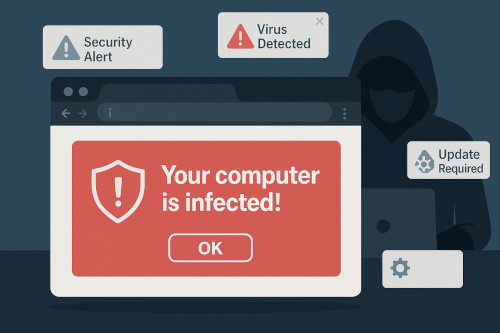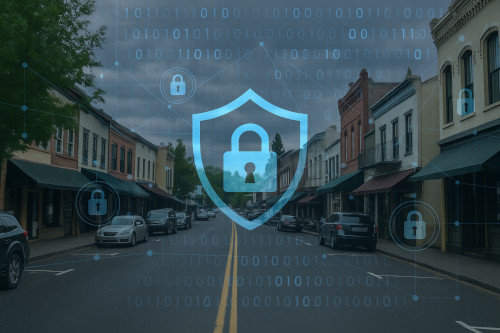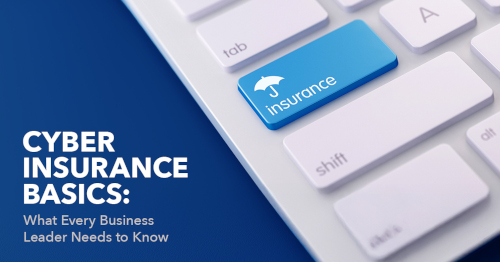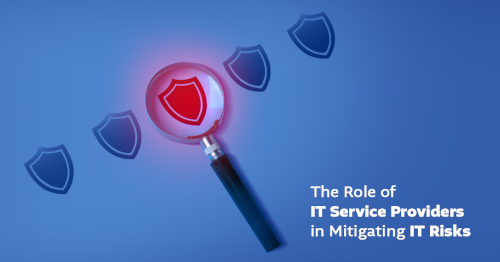In an era where digital threats loom large, the security of your business’s digital assets is paramount. Cybersecurity is no longer a luxury but a necessity for businesses aiming to protect their data and maintain trust with clients. As cyber threats become more sophisticated, businesses must adopt comprehensive strategies to safeguard their operations. This article highlights essential strategies that can help businesses fortify their defenses against the ever-evolving landscape of cyber threats.
Conduct Effective Data Backups
Safeguarding your business through reliable data backups is crucial. With the rise of cyber threats, it’s essential to ensure your backup processes are both secure and efficient. Implementing strong encryption for data both in transit and at rest, along with multi-factor authentication, can significantly reduce unauthorized access risks. Regularly testing and validating your backups is critical to ensure data recovery is possible when needed. Consider conducting periodic drills and simulations to identify and address any weaknesses in your backup strategy. By automating backup processes and exploring cloud-based solutions, you can integrate data protection into your daily operations, ensuring your data remains safe and recoverable.
Implement Regular Audits
Engaging cybersecurity experts to perform audits can be a game-changer for your organization. These professionals offer an unbiased review of your security measures, pinpointing weaknesses and ensuring you meet industry standards. By partnering with experts, you gain access to their vast auditing expertise, which not only helps in identifying potential risks but also in refining your data protection strategies. Regular audits can significantly enhance your security posture, boosting trust and confidence among your clients and stakeholders. Investing in such expertise is about more than just compliance; it’s about proactively securing your business’s future in a landscape where new threats are constantly emerging.
Establish Strict Access Control
Implementing effective access control measures is a key strategy to ensure data security. Access control defines who can view or interact with resources in a digital environment, thereby minimizing the risk of unauthorized access. By centralizing access management, you can efficiently monitor user activities and data flows, which not only guards against data breaches but also helps in complying with data protection regulations. As technology advances, moving from traditional single sign-on systems to unified access management can offer comprehensive security across both on-premises and cloud platforms. This transition is crucial for maintaining robust security in dynamic IT environments.
Grow Your Cybersecurity Skills
Enrolling in online courses can significantly enhance your understanding of digital security and equip you with practical skills to protect your business. These courses often cover topics such as identifying threats, implementing defenses, and maintaining compliance with data protection regulations. Recognizing the importance of cybersecurity programs is vital for safeguarding sensitive information and ensuring your business remains resilient against attacks. Virtual learning platforms also offer the flexibility to balance professional development with the demands of running your business, making it easier to stay informed without compromising your daily responsibilities.
Leverage AI
In the ever-evolving digital world, integrating AI into your cybersecurity strategy is essential for protecting your business. Traditional security methods often struggle with the sheer volume of data in complex environments, but AI stands out by efficiently processing and analyzing vast datasets from multiple sources. This capability enables AI to detect subtle threat indicators that might be overlooked by human analysts, ensuring a proactive defense. For example, AI can reduce the time to detect and respond to cyber threats, highlighting its effectiveness in managing security risks.
Understand Malware for Better Security
It’s essential to understand the different types of malware and their tactics. Malware, including viruses, spyware, trojans, and ransomware, can compromise your devices in various ways. For example, spyware discreetly monitors your activities, often through browser extensions, while ransomware encrypts your data, demanding payment for its release, typically in cryptocurrencies like Bitcoin. By understanding these threats, you can implement targeted defenses, such as maintaining updated backups and using reliable antivirus software. Staying informed about these threats significantly reduces the risk of cyberattacks, empowering you to safeguard your business effectively.
Embrace Encryption
Encryption software is a key player in protecting your business data. By transforming data into a secure format, encryption ensures that only authorized users can access sensitive information, effectively preventing unauthorized access and potential breaches. This software integrates smoothly with existing systems, enhancing security without interrupting daily operations, which is vital for maintaining productivity. As your business grows, scalable encryption solutions can adapt to increased demands, ensuring that security measures evolve alongside your enterprise.
Incorporating these cybersecurity strategies is vital for any business aiming to thrive in today’s digital landscape. By prioritizing education, adopting advanced technologies, and maintaining rigorous data protection protocols, businesses can not only shield themselves from threats but also foster a secure environment for growth. Stay vigilant and proactive to ensure your business remains resilient against the challenges of the digital age.
Discover how NTELogic can transform your business with tailored technology solutions—visit NTELogic today to elevate your IT strategy and secure your future success!














No Comments